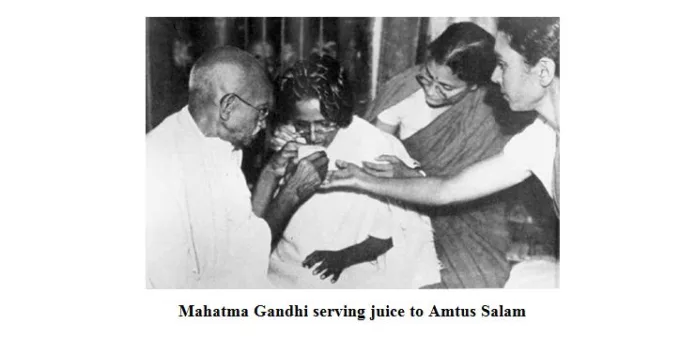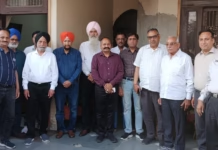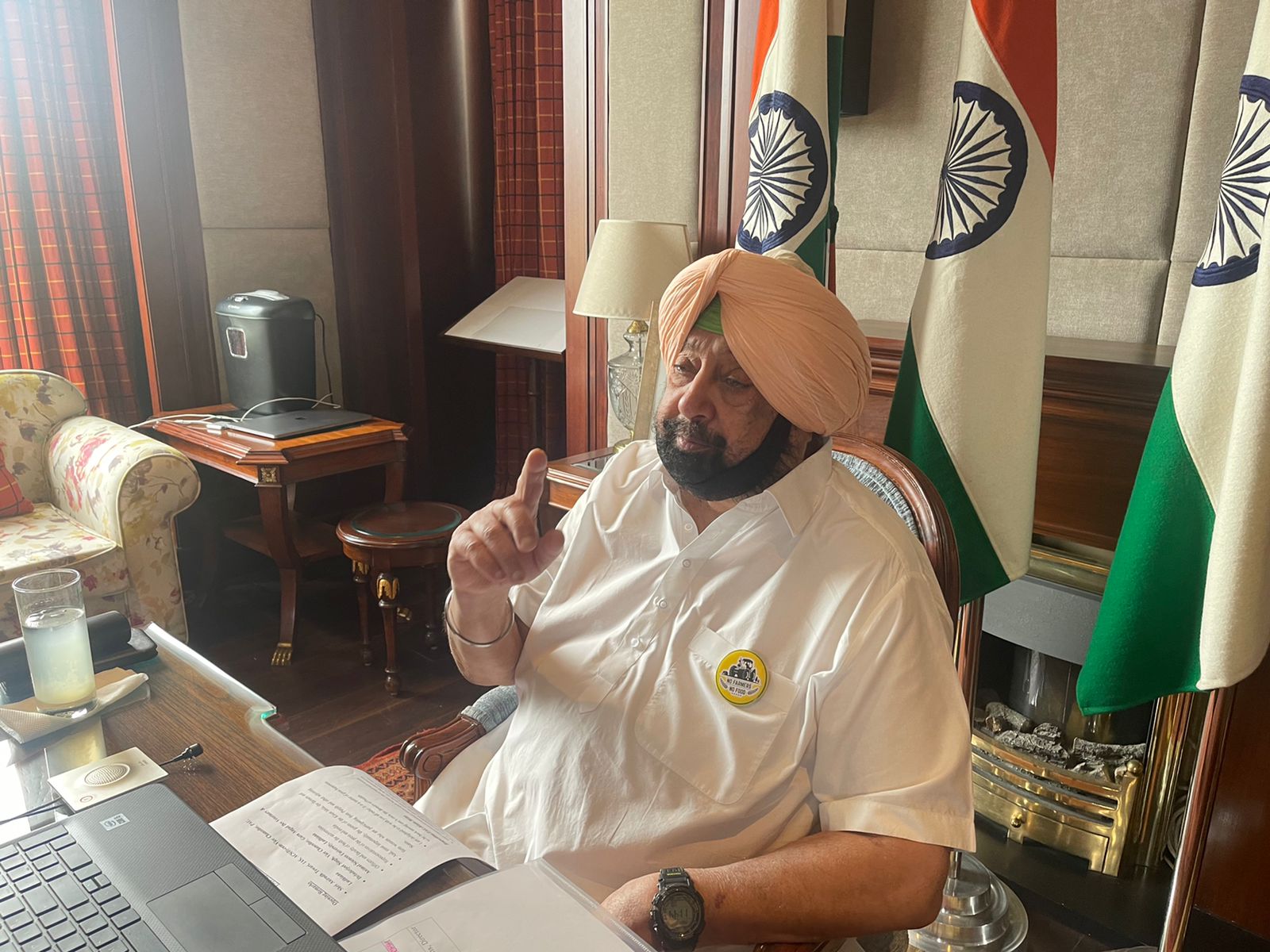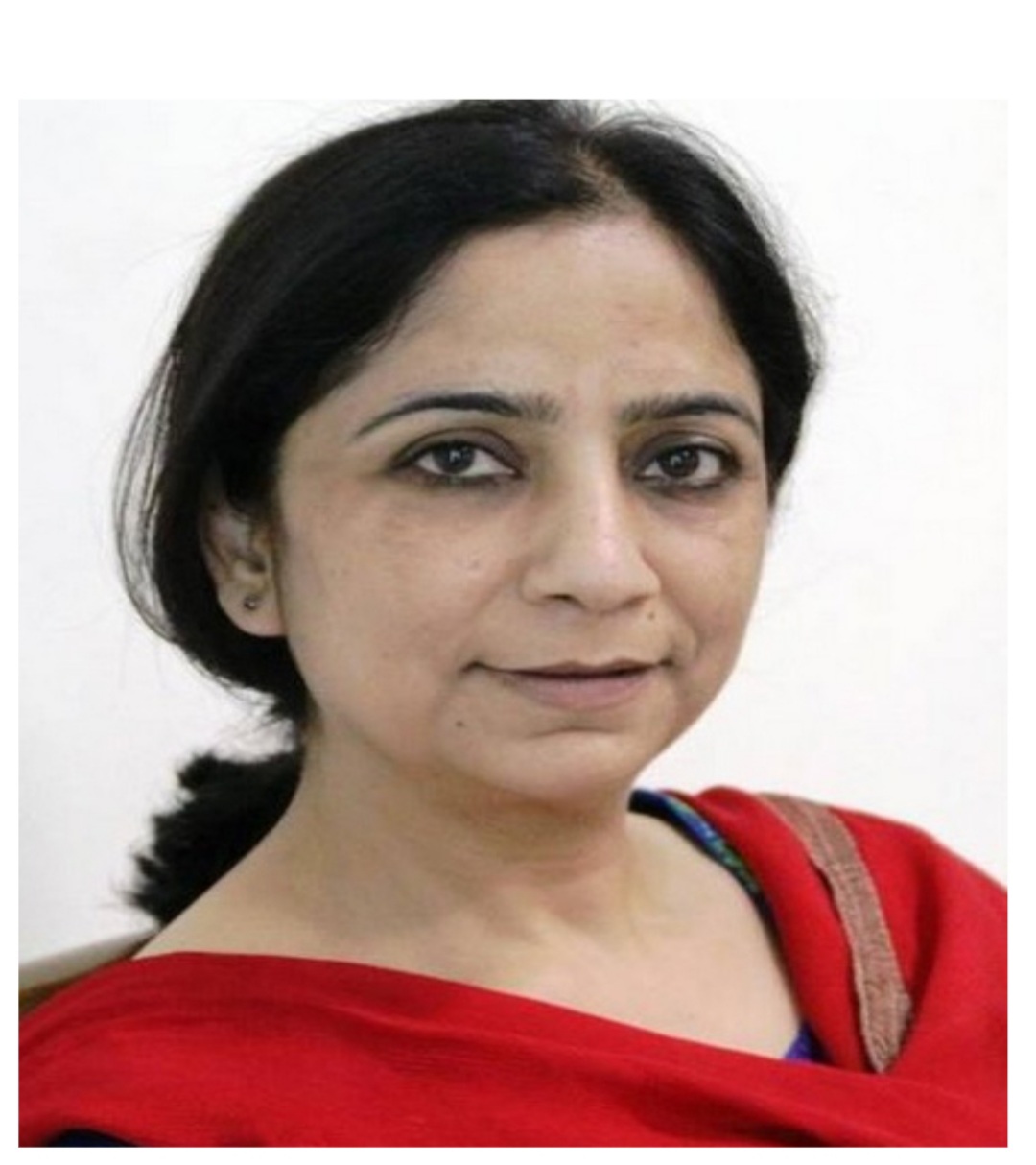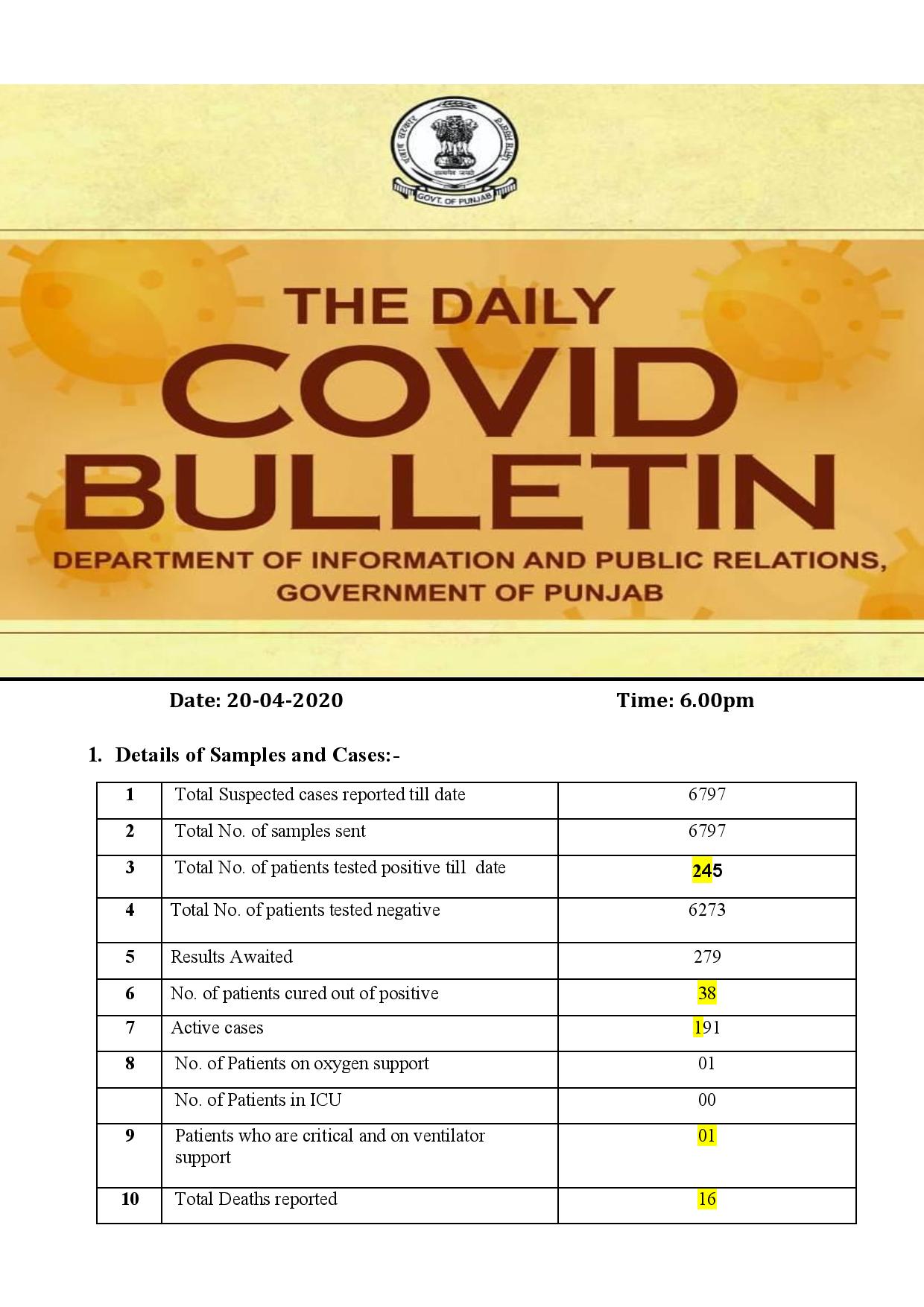Patialvies remember Mahatma Gandhi’s connection with Patiala-Puri
Jaswant Singh Puri/ February 1,2023
Bibi Amtus Salam, the adopted daughter of Mahatma Gandhi, was born in 1907 in Patiala to Abdul Majid Khan and belonged to a conservative but aristocratic Muslim family. Amtus Salam was the youngest in the family. She was delicate in health but had a firm faith that India could achieve freedom from the clutches of the British through the Gandhian methods of non-violence. Her brother Abdur Rashid Khan was a freedom fighter who imbibed inspiration in her to serve the people of her country. She was denied education owing to the observance of ‘Purdah’ but she shunned it altogether as she was eighteen years.
She was a close associate of Gandhi. She was a staunch supporter of Hindu-Muslim unity and put her efforts to gain this unity. She was so much associated to Gandhi that he once wrote to Sardar Patel in 1934: ‘The frail Salam’s heart is gold but her body is brass’.
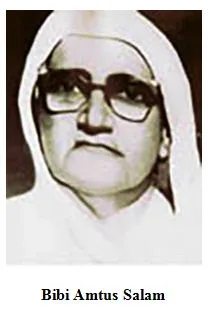
The selfless and tireless efforts of Gandhi and his loyal associates helped to achieve independence on 15 August, 1947 but communal riots occurred throughout India. Gandhi toured Bengal extensively to calm down the turmoil. Amtus Salam also accompanied him and fasted with him for 21 days at Noakhali to bring peace. Gandhi left her there to continue with her efforts to restore communal harmony in Noakhali. She also toured many trouble spots in Delhi, Calcutta and Dhaka to bring the situation under control. Gandhi found that she was “the moving spirit behind whatever peace has been achieved in Noakhali… Only you can sustain it. Wherever you stand, you stand in the capacity of my daughter, do you not?” So Gandhi had such a strong belief in Amtus Salam.
Amtus Salam had a strong will to stay at Patiala during the partition to keep the city in perfect communal harmony. She also decided to stay in India even though her brothers and family opted to move to Pakistan.
She worked ceaselessly for the evacuation and rehabilitation of thousands of women during 1947-48. She was assisted in this endeavour by Lajjawati Hooja. She was very active in Jalandhar and associated with KMV College. Both Amtus Salam and Lajjawati worked in Bahawalpur under the guidance of Rameshwari Nehru, a near relative of Jawaharlal Nehru. She was a Congress Member and a member of the All India Women’s Congress. Amtus Salam was so much bent upon doing social service that she paid several visits to Pakistan for the evacuation of refugees.
She founded the Kasturba Seva Mandir and Khadi institutions and stationed herself at Rajpura. She worked there for the rehabilitation of Hindu Migrants from Bahawalpur. She was earnestly involved in the work of the Government of India when it started constructing a township at Rajpura for the resettlement of refugees along with Hindustani Talimi Sangh. Amtus Salam was also selected as a permanent invitee for the All India Committee on Jail Reforms.
Amtus Salam took an active part in the Khadi Movement. She was highly influenced and enchanted by the non-violence theory of Mahatma Gandhi and Sevagram Ashram which she joined in 1931. During the Indian National Movement, she was imprisoned along with other women in 1932. After her release from prison, she took up the reins as Personal Assistant to Gandhi. She was deeply interested and involved in the welfare of the Harijans and women. She also published an Urdu magazine named ‘Hindustan’ to promote national integration and communal harmony. She also travelled as Personal Assistant with Khan Abdul Gaffar Khan when he toured India in 1961. She also visited the mountainous terrains during Indo-China War of 1962 and Indo-Pak War 1963.
After Gandhi’s death, she had a direct access to Prime-Minister Jawaharlal Nehru and Indira Gandhi whom she addressed as ‘Beti Indu’. She was a quiet nationalist but a daring woman and exemplified her absolute commitment to the cause of peace. Gandhi wrote in a letter to her in very pleasing words: “It is not that your place is only in Punjab. Your place is everywhere.”

Amtus Salam lived a spartan life of self-sacrifice, despite her aristocratic family background and high position in the Congress party as permanent invitee to the All India Congress Committee Jail Reforms Report of 1980-83. It is worth eulogizing that she did not run after any media publicity throughout her life. She passed away on 29 September 1985, unnoticed and unsung. She kept the lamp of harmony alight during the turbulent periods.
Patialvies remember Mahatma Gandhi’s connection with Patiala -Puri. Dr. Ajit Singh Puri, M.D. (Clinical Medicine) also cites his association with Bibi Amtus Salam who was a frequent visitor to his residence. Dr. Puri was the Consultant Physician of Bibi Amtus Salam. He also used to accompany Bibi Amtus Salam to Rajpura for organising medical camps and serve the needy ones. Moreover, she used to have very creative conversations with Alka Puri, wife of Dr. Puri and mother of the author Jaswant Singh Puri. Alka Puri and Bibi Amtus Salam used to visit rural areas and distributed blankets and Khadi clothes to the needy people.

Note: Patialvies remember Mahatma Gandhi’s connection with Patiala -Puri. This article is dedicated to Smt. Alka Puri, M.A. (Hindi, B.Ed.). Shewas the Secretary, Ladies Club, Punjabi University, Patiala during thetenure of Vice-Chancellor Dr. S.S. Johal who was awarded with prestigious award Padma Bhushan in 2004. Smt. Alka Puri was the devoted wife of Dr. AjitSingh Puri and deeply affectionate mother of Jaswant Singh Puri.
(The views expressed are personal)

